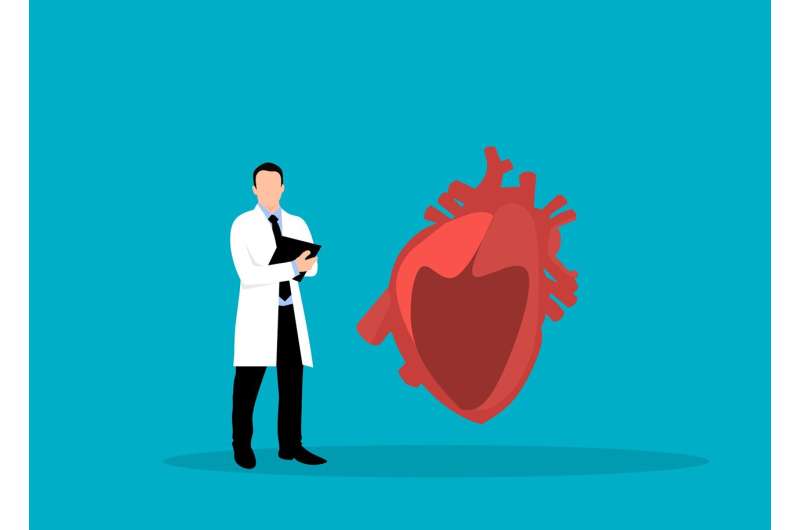Innovative Light Pills Offer New Insights into Gut Neural Networks

A new wireless, ingestible device utilizing optogenetics offers unprecedented precision in studying and activating neural circuits within the gut, promising advances in gastrointestinal research and treatments.
Scientists are pioneering a groundbreaking approach to studying the gut's complex nervous system, often called the body's "second brain." For years, researchers faced challenges in mapping neural functions within the gastrointestinal tract due to the invasive nature of existing methods, which often involve complex surgeries and potential tissue damage. Now, a team led by Khalil Ramadi at NYU Tandon School of Engineering has developed the Ingestible Controlled Optogenetic Stimulation (ICOPS) device—an innovative, wireless, light-based solution that can precisely target nerve cells inside the gut.
This tiny, battery-free capsule delivers controlled light stimulation directly to specific regions of the intestines, activating neurons with unparalleled precision. The technology utilizes optogenetics—a technique where cells are genetically modified to respond to light—allowing scientists to observe how neural circuits influence digestion, metabolism, and various gastrointestinal functions. Such detailed insight could lead to new treatments for conditions like gastroparesis, metabolic disorders, and eating disorders.
The ICOPS device is integrated with micro-LEDs and operates wirelessly via magnetic induction, eliminating the need for invasive implantation or tethers. It is fully fabricated in-house using 3D printing, enabling scalable production and application in small animal models like rodents. Researchers believe this platform could revolutionize research in neurogastroenterology by allowing real-time, non-invasive control of gut neurons.
Beyond research, this technology holds promise for advancing therapies targeting gut motility problems. By selectively activating neural pathways, it might be possible to develop targeted drugs or electrical stimulation treatments that modulate gut activity more effectively. As the device travels naturally through the digestive system over one to two days, it paves the way for future clinical applications that could transform gastrointestinal medicine.
This pioneering work underscores a significant step towards understanding the neural networks governing gut function, opening doors to novel interventions for digestive and metabolic conditions. Further research and development could see this technology become a standard tool in treatments and diagnostics in the future.
Source: https://medicalxpress.com/news/2025-08-pills-gut-body.html
Stay Updated with Mia's Feed
Get the latest health & wellness insights delivered straight to your inbox.
Related Articles
Impact of Food Additives During Pregnancy on Offspring Gut Health and Inflammation Risk
Maternal consumption of common food emulsifiers can alter offspring gut microbiota, increasing the risk of inflammatory diseases and obesity later in life, according to recent mouse studies.
Impact of Symptom Dismissal by Healthcare Professionals on Patient Well-Being
A Rutgers Health review highlights how dismissing patient symptoms can cause lasting psychological and health-related harm, urging healthcare providers to validate experiences and improve communication.
Breakthrough in Regenerative Medicine: Lab-Grown Ureter Tissue from Stem Cells Signals Potential for Transplantable Kidneys
Researchers have engineered functional ureter tissue from human pluripotent stem cells, a significant advancement towards transplantable kidneys. This innovative work addresses previous limitations in kidney organoid development and opens new avenues in regenerative medicine.
Proposed Expansion of Beta-Blocker Use to All Heart Attack Patients Regardless of Damage Level
New research supports prescribing beta-blockers to all heart attack patients, including those with minimal or no heart damage, to reduce future cardiac risks and improve outcomes. These findings could lead to updated treatment guidelines globally.



